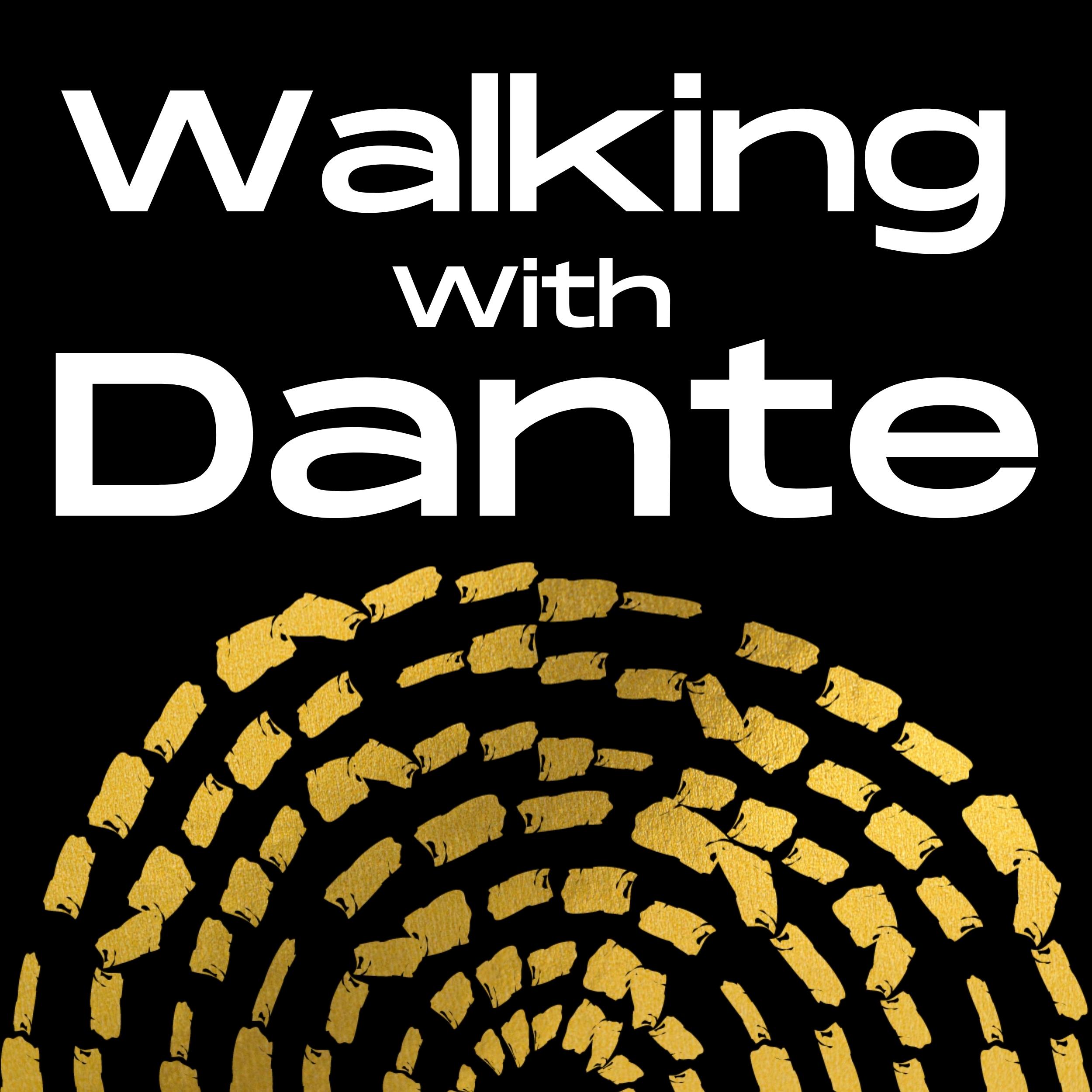Love Escapes Virgil: PURGATORIO, Canto XVII, Lines 127 - 139
Description
We come to the end of Virgil's (first) discourse on love, as well as the end of the central canto of PURGATORIO.
But it's a strange end since Virgil admits to what he doesn't know. Having been so certain about how human behavior operates, he concludes by telling Dante the pilgrim he's on his own to find out further answers.
Join me, Mark Scarbrough, as we conclude Virgil's astoundingly certain discourse on love with an ironic, ambiguous moment.
Here are the segments for this episode of WALKING WITH DANTE:
[01:41] My English translation of the passage: PURGATORIO, Canto XVII, lines 127 - 139. If you'd like to read along or continue the discussion with me, please find the entry for this episode on my website, markscarbrough.com.
[03:31] A secondary motivation for human behavior: quiet (or peace).
[07:22] A pronoun ambiguity in the passage.
[09:23] The temporary nature of the cornices of Purgatory.
[11:14] Virgil and the core ambiguity in PURGATORIO.
[12:29] The problem of too much love.
[13:55] Love and the things Virgil cannot know.
[16:29] Rereading all of Virgil's discourse on love: PURGATORIO, Canto XVII, lines 91 - 139.
More Episodes
We've come to the middle of PURGATORIO . . . and indeed the middle of COMEDY as a whole. Let's take a breather and review where we've been in Purgatory since our very slow approach sometimes (or often?) causes us to privilege the trees over the forest.
Join me, Mark Scarbrough, as I walk you...
Published 11/20/24
Published 11/20/24
Virgil continues his discourse about love, the central discourse in all of COMEDY. It's a tour de force of scholastic reasoning . . . that may leave something to be desired after INFERNO.
Join me, Mark Scarbrough, as we explore Virgil's scholastic understanding of all human action and his vision...
Published 11/13/24


